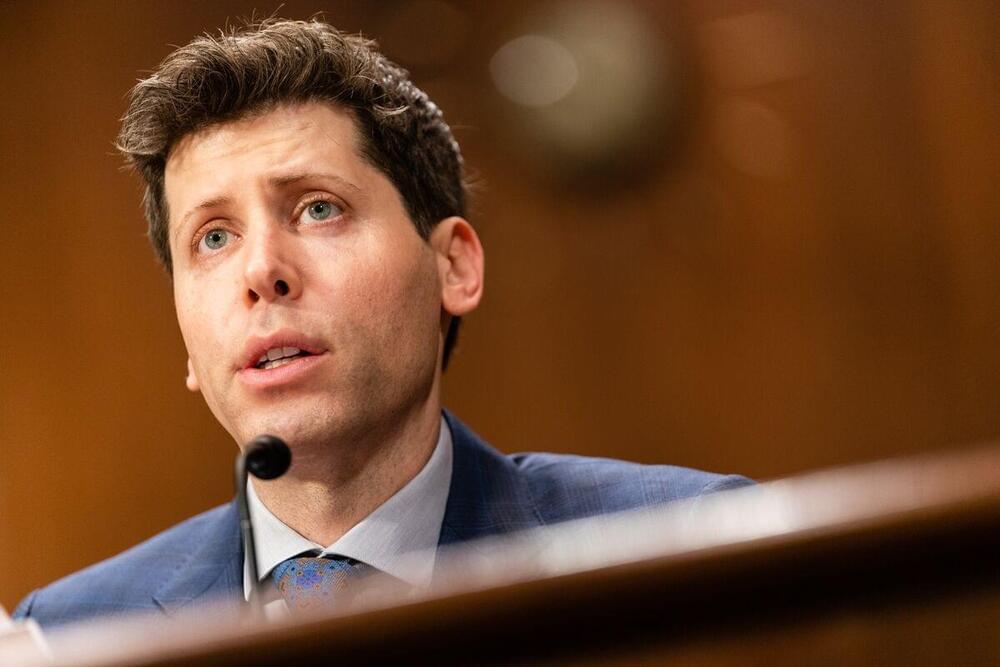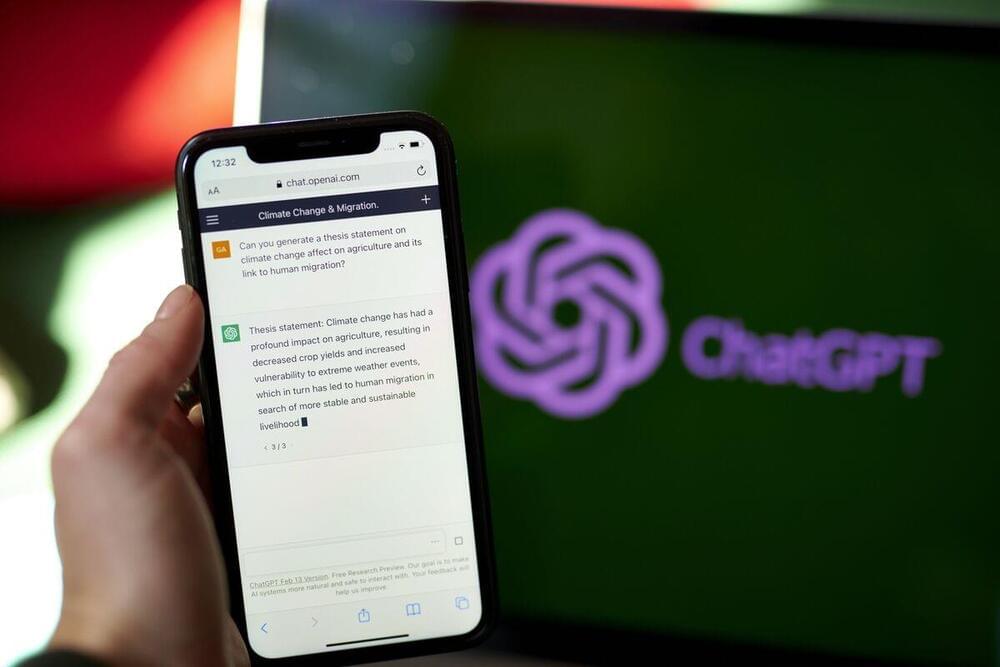Population aging is the top global demographic trend; the pandemic can teach us how to prepare for it.
Total world population passed the 8 billion milestone on November 15, 2022. The progression from 7 to 8 billion people took a mere 12 years, conjuring up long-standing fears associated with rapid population growth, including food shortages, rampant unemployment, the depletion of natural resources, and unchecked environmental degradation.
But the most formidable demographic challenge facing the world is no longer rapid population growth, but population aging. Thoughtful preparedness—combining behavioral changes, investment in human capital and infrastructure, policy and institutional reforms, and technological innovations—can enable countries to meet the challenge and take advantage of the opportunities presented by demographic change.








